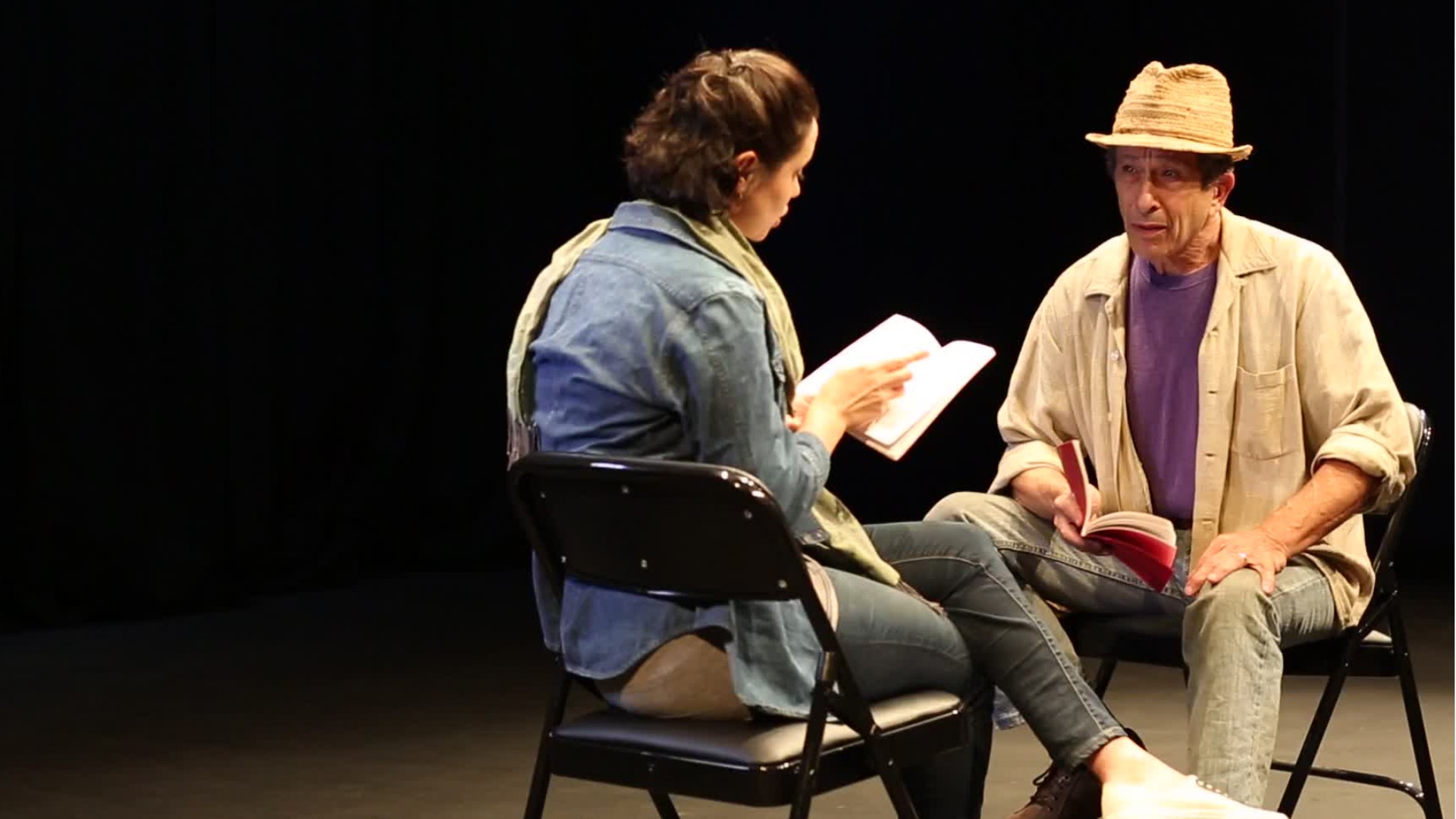Media Technical Directors/Managers
News Technical Director, Production Director, Production Manager, Technical Director
What they do:
Coordinate activities of technical departments, such as taping, editing, engineering, and maintenance, to produce radio or television programs.
On the job, you would:
- Switch between video sources in a studio or on multi-camera remotes, using equipment such as switchers, video slide projectors, and video effects generators.
- Observe pictures through monitors and direct camera and video staff concerning shading and composition.
- Supervise and assign duties to workers engaged in technical control and production of radio and television programs.
Knowledge
Communications
- multimedia
- telecommunications
Engineering and Technology
- computers and electronics
- product and service development
Arts and Humanities
- English language
Business
- management
Skills
Basic Skills
- keeping track of how well people and/or groups are doing in order to make improvements
- listening to others, not interrupting, and asking good questions
Problem Solving
- noticing a problem and figuring out the best way to solve it
People and Technology Systems
- thinking about the pros and cons of different options and picking the best one
- figuring out how a system should work and how changes in the future will affect it
Abilities
Verbal
- communicate by speaking
- listen and understand what people say
Ideas and Logic
- notice when problems happen
- use rules to solve problems
Attention
- pay attention to something without being distracted
- do two or more things at the same time
Visual Understanding
- quickly compare groups of letters, numbers, pictures, or other things
Personality
People interested in this work like activities that include leading, making decisions, and business.
They do well at jobs that need:
- Cooperation
- Attention to Detail
- Adaptability/Flexibility
- Stress Tolerance
- Dependability
- Initiative
Technology
You might use software like this on the job:
Video creation and editing software
- Adobe After Effects
- YouTube
Object or component oriented development software
- Perl
- Swift
Development environment software
- C
- Software development tools
Education
Education: (rated 4 of 5)
bachelor's degree
usually needed
usually needed
Job Outlook
Bright
New job opportunities are very likely in the future.
Explore More
- Film & Video Editors
- Media Programming Directors
- Producers & Directors
- Project Management Specialists
- Sound Engineering Technicians
You might like a career in one of these industries:
See more details at O*NET OnLine about media technical directors/managers.





